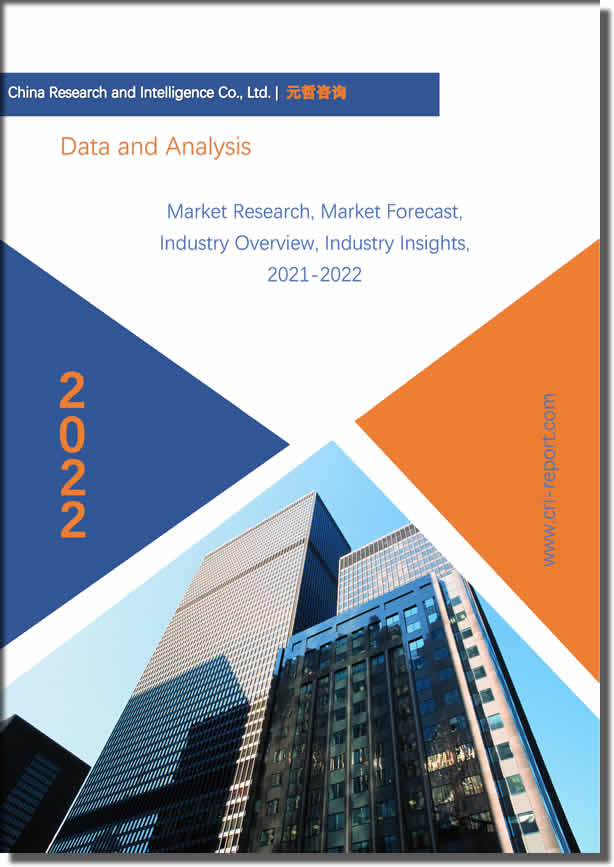Description
Busbar Market
Market Overview
A busbar is a thin metal strip or bar composed of aluminum or copper. Busbar is an excellent conductor of electric current that is used for power distribution in switchgear, electric panel boards, and busway enclosures. They’re frequently used to link high-voltage equipment at electrical switchyards and low-voltage equipment in battery assemblies. Busbar has the ability to withstand high temperatures, have high mechanical strength, and dissipate heat. The busbar transmits energy inside a switchboard, distribution board, substation, battery bank, or other electrical equipment. Large quantities of power are transported over short distances using busbars. Corona discharge losses are reduced due to their increased surface area. Busbars aren’t often thought of as structural components. The material composition and cross-sectional dimensions of the busbar define the maximum amount of current that may be safely carried.
Market Highlights
Busbar market is expected to project a notable CAGR of 5.62% in 2031
Busbar market to surpass USD 28.45 billion by 2031 from USD 16.47 billion in 2021 at a CAGR of 5.62% in the coming years, i.e., 2022-31. Growing energy consumption due to industrialization and urbanization, increasing focus on energy efficiency, and cost & operational benefits of busbar over cables are the major factors driving the market.
Busbar market: Segments
segment to grow with the highest CAGR during 2021-31
Busbar market is segmented by Material Type into aluminum, copper, and brass. Copper dominates the market in terms of revenue owing to high price of raw materials. Aluminum is expected to grow at a higher CAGR during the forecast period. Aluminum has high conductivity and efficiency. It is 70% lighter than copper making it preferable by the end-users. In addition, the loss of energy during the transmission is also lower in comparison to other materials, which results in increased demand for aluminum.
SMEs segment to grow with the highest CAGR during 2021-31
Busbar market is segmented by Application into Industrial, Commercial and Residential. By holding a significant market share in terms of sales, the industrial segment dominated the market. The commercial segment, on the other hand, is expected to grow at a faster rate due to smart and green city concepts. The commercial sector is quickly replacing traditional cables with busbars because they are simple to install and save space. Busbars are used in a variety of commercial settings, including buildings, corporate offices, department stores, shopping malls, offices, and banks.
Busbar Market: Key Players
Siemens AG
Company Overview, Business Strategy, Key Product Offerings, Financial Performance, Key Performance Indicators, Risk Analysis, Recent Development, Regional Presence, SWOT Analysis
ABB Ltd.
Schneider Electric SE
Eaton Corporation Plc.
Rogers Corporation
TE Connectivity Ltd.
Legrand S.A.
Friedhelm Loh Group
Mersen S.A.
Chint Group
Busbar market: Regions
Busbar market is segmented based on regional analysis into five major regions. These include North America, Latin America, Europe, Asia Pacific, and the Middle East, and Africa. The busbar market is predicted to develop at the fastest rate in Asia Pacific. As a result of urbanization and industrial expansion in this area, the Asia Pacific Busbar market will be driven by an increasing focus on energy efficiency and rising energy consumption. Due to massive investments in smart cities, green development, high-rise structures, and transit infrastructure, particularly in Southeast Asia, the Asia Pacific region has the largest market for busbar trucking. Rising electricity demand, industrialization, and urbanization, as well as rapid growth in countries’ business sectors, are all key drivers.
Segmentation
By Material Type
Aluminum
Copper
Brass
By Power Rating
Low Power
Medium Power
High Power
By Application
Industrial
Commercial
Residential
Busbar Market Dynamics
Busbar Market Size
Supply & Demand
Current Trends/Issues/Challenges
Competition & Companies Involved in the Market
Value Chain of the Market
Market Drivers and Restraints


